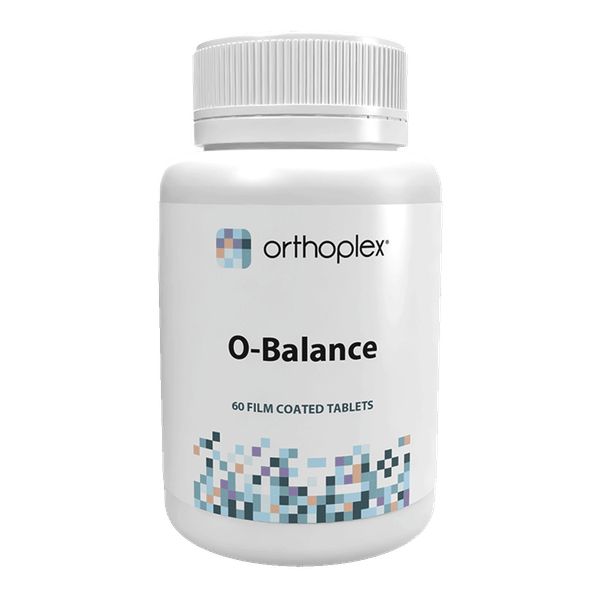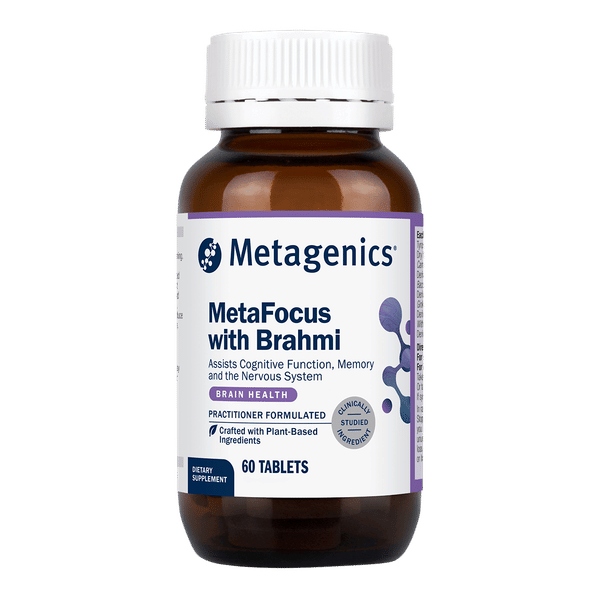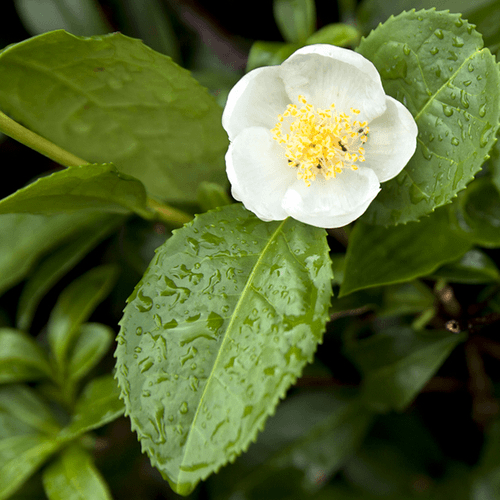
Background
Green tea is prepared by steaming and pan-frying the Camellia sinensis leaves and then drying them. Green tea is not fermented, so it's able to maintain important molecules called polyphenols, which seem to be responsible for many of its benefits. It also contains caffeine.
People commonly use a US FDA-approved prescription product containing green tea for genital warts. As a drink or supplement, green tea is sometimes used for high cholesterol, high blood pressure, to prevent heart disease, and to prevent ovarian cancer. It is also used for many other conditions, but there is no good scientific evidence to support most of these uses.
Safety Safety definitions
Drinking more than 8 cups of green tea daily is possibly unsafe. Drinking large amounts might cause side effects due to the caffeine content. These side effects can range from mild to serious and include headache and irregular heartbeat. Green tea extract also contains a chemical that has been linked with liver injury when used in high doses.
When applied to the skin: Green tea extract is likely safe when an FDA-approved ointment is used, short-term. Other green tea products are possibly safe when used appropriately.
Special Precautions & Warnings:
Pregnancy: Drinking green tea is possibly safe in amounts of 6 cups per day or less. This amount of green tea provides about 300 mg of caffeine. Drinking more than this amount during pregnancy is possibly unsafe and has been linked to an increased risk of miscarriage and other negative effects. Also, green tea might increase the risk of birth defects associated with folic acid deficiency.Breast-feeding: Caffeine passes into breast milk and can affect a nursing infant. Closely monitor caffeine intake to make sure it is on the low side (2-3 cups per day) while breast-feeding. High intake of caffeine while breast-feeding can cause sleep problems, irritability, and increased bowel activity in breast-fed infants.
Children: Green tea is possibly safe for children when taken by mouth in amounts commonly found in foods and beverages, or when gargled three times daily for up to 90 days. There isn't enough reliable information to know if green tea extract is safe when taken by mouth in children. There's some concern that it might cause liver damage.
Anemia: Drinking green tea may make anemia worse.
Anxiety disorders: The caffeine in green tea might make anxiety worse.
Bleeding disorders: The caffeine in green tea might increase the risk of bleeding. Don't drink green tea if you have a bleeding disorder.
Heart conditions: When taken in large amounts, the caffeine in green tea might cause irregular heartbeat.
Diabetes: The caffeine in green tea might affect blood sugar control. If you drink green tea and have diabetes, monitor your blood sugar carefully.
Diarrhea: The caffeine in green tea, especially when taken in large amounts, can worsen diarrhea.
Seizures: Green tea contains caffeine. High doses of caffeine might cause seizures or decrease the effects of drugs used to prevent seizures. If you have ever had a seizure, don't use high doses of caffeine or caffeine-containing products such as green tea.
Glaucoma: Drinking green tea increases pressure inside the eye. The increase occurs within 30 minutes and lasts for at least 90 minutes.
High blood pressure: The caffeine in green tea might increase blood pressure in people with high blood pressure. But this effect might be less in people who consume caffeine from green tea or other sources regularly.
Irritable bowel syndrome (IBS): Green tea contains caffeine. The caffeine in green tea, especially when taken in large amounts, might worsen diarrhea in some people with IBS.
Liver disease: Green tea extract supplements have been linked to rare cases of liver damage. Green tea extracts might make liver disease worse. Talk to your doctor before taking green tea extract. Drinking green tea in normal amounts is still probably safe.
Weak bones (osteoporosis): Drinking green tea can increase the amount of calcium that is flushed out in the urine. This might weaken bones. If you have osteoporosis, don't drink more than 6 cups of green tea daily. If you are generally healthy and get enough calcium from your food or supplements, drinking about 8 cups of green tea daily doesn't seem to increase the risk of getting osteoporosis.
Effectiveness
- A sexually transmitted infection that can lead to genital warts or cancer (human papillomavirus or HPV). A specific green tea extract ointment (Polyphenon E ointment 15%) is available as a prescription product for treating genital warts. Applying the ointment for 10-16 weeks seems to clear these types of warts in 24% to 60% of patients.
- Heart disease. Drinking green tea is linked to a reduced risk of clogged arteries. The link seems to be stronger in males than in females. Also, people who drink at least three cups of green tea daily might have a lower risk of death from heart disease.
- Cancer of the lining of the uterus (endometrial cancer). Drinking green tea is linked to a reduced risk of developing endometrial cancer.
- High levels of cholesterol or other fats (lipids) in the blood (hyperlipidemia). Taking green tea by mouth seems to reduce low-density lipoprotein (LDL or "bad") cholesterol by a small amount.
- Ovarian cancer. Regularly drinking tea green seems to reduce the risk for ovarian cancer.
Dosing & administration
As a supplement, green tea powder and extracts have most often been used. Green tea products are typically standardized to the amount of polyphenols or antioxidants they provide. Green tea beverages typically contain 178-823 mg of specific polyphenols called catechins per cup. Green tea also contains caffeine. Speak with a healthcare provider to find out what type of product and dose might be best for a specific condition.
Interactions with pharmaceuticals
5-Fluorouracil
Interaction Rating=Moderate Be cautious with this combination.
Taking large amounts of green tea along with 5-fluorouracil might increase levels of 5-fluorouracil. This might increase the effects and side effects of 5-fluorouracil.
Adenosine (Adenocard)
Interaction Rating=Moderate Be cautious with this combination.
Green tea contains caffeine. The caffeine in green tea might block the effects of adenosine, which is often used by doctors to do a test called a cardiac stress test. Stop consuming green tea at least 24 hours before a cardiac stress test.
Alcohol (Ethanol)
Interaction Rating=Minor Be watchful with this combination.
The body breaks down the caffeine in green tea to get rid of it. Alcohol can decrease how quickly the body breaks down caffeine. Taking green tea along with alcohol might increase the effects and side effects of caffeine, including jitteriness, headache, and fast heartbeat.
Antibiotics (Quinolone antibiotics)
Interaction Rating=Moderate Be cautious with this combination.
The body breaks down caffeine to get rid of it. Some antibiotics might decrease how quickly the body breaks down caffeine. Taking these antibiotics along with green tea can increase the risk of side effects including jitteriness, headache, increased heart rate, and other side effects.
Atorvastatin (Lipitor)
Interaction Rating=Major Do not take this combination.
Green tea extract might decrease how much atorvastatin the body absorbs. Taking green tea extract along with atorvastatin might decrease the effects of atorvastatin.
Birth control pills (Contraceptive drugs)
Interaction Rating=Moderate Be cautious with this combination.
Green tea contains caffeine. The body breaks down caffeine to get rid of it. Birth control pills can decrease how quickly the body breaks down caffeine. This might increase the risk for side effects from caffeine, such as jitteriness, headache, and fast heartbeat.
Bortezomib (Velcade)
Interaction Rating=Moderate Be cautious with this combination.
Bortezomib is used in certain types of cancers. Green tea might interact with bortezomib and decrease its effects. If you take bortezomib, avoid taking green tea products.
Carbamazepine (Tegretol)
Interaction Rating=Moderate Be cautious with this combination.
Caffeine can decrease the effects of carbamazepine. Since green tea contains caffeine, taking green tea with carbamazepine might decrease the effects of carbamazepine.
Celiprolol (Celicard)
Interaction Rating=Moderate Be cautious with this combination.
Green tea appears to decrease how much celiprolol is absorbed into the body. This might decrease the effects of celiprolol.
Cimetidine (Tagamet)
Interaction Rating=Moderate Be cautious with this combination.
Green tea contains caffeine. The body breaks down caffeine to get rid of it. Cimetidine can decrease how quickly the body breaks down caffeine. Taking cimetidine along with green tea might increase the chance of caffeine side effects including jitteriness, headache, fast heartbeat, and others.
Clozapine (Clozaril)
Interaction Rating=Moderate Be cautious with this combination.
The body breaks down clozapine to get rid of it. The caffeine in green tea seems to decrease how quickly the body breaks down clozapine. Taking green tea along with clozapine can increase the effects and side effects of clozapine.
Dipyridamole (Persantine)
Interaction Rating=Moderate Be cautious with this combination.
Green tea contains caffeine. The caffeine in green tea might block the effects of dipyridamole. Dipyridamole is often used by doctors to do a test on the heart called a cardiac stress test. Stop drinking green tea at least 24 hours before a cardiac stress test.
Disulfiram (Antabuse)
Interaction Rating=Moderate Be cautious with this combination.
The body breaks down caffeine to get rid of it. Disulfiram can decrease how quickly the body gets rid of caffeine. Taking green tea along with disulfiram might increase the effects and side effects of caffeine, including jitteriness, hyperactivity, irritability, and others.
Ephedrine
Interaction Rating=Major Do not take this combination.
Stimulant drugs speed up the nervous system. Green tea contains caffeine. Caffeine and ephedrine are both stimulant drugs. Taking green tea along with ephedrine might cause too much stimulation and sometimes serious side effects and heart problems. Do not take caffeine-containing products and ephedrine at the same time.
Estrogens
Interaction Rating=Moderate Be cautious with this combination.
The body breaks down the caffeine in green tea to get rid of it. Estrogens can decrease how quickly the body breaks down caffeine. Taking estrogen and drinking green tea can increase the risk of caffeine side effects, including jitteriness, headache, fast heartbeat, and others.
Ethosuximide (Zarontin)
Interaction Rating=Moderate Be cautious with this combination.
Ethosuximide is a drug used to treat seizures. Caffeine in green tea can decrease the effects of ethosuximide. Taking green tea with ethosuximide might decrease the effects of ethosuximide. This might increase the risk of seizures.
Felbamate (Felbatol)
Interaction Rating=Moderate Be cautious with this combination.
Felbamate is a drug used to treat seizures. The caffeine in green tea might decrease the effects of felbamate and increase the risk of seizures in some people.
Fexofenadine (Allegra)
Interaction Rating=Moderate Be cautious with this combination.
Green tea might decrease how much fexofenadine the body absorbs. Separate taking this medication from consuming green tea.
Fluconazole (Diflucan)
Interaction Rating=Minor Be watchful with this combination.
Green tea contains caffeine. The body breaks down caffeine to get rid of it. Fluconazole might decrease how quickly the body gets rid of caffeine. Taking fluconazole along with green tea might increase the risk of caffeine side effects such as jitteriness, headache, fast heartbeat, and others.
Flutamide (Eulexin)
Interaction Rating=Moderate Be cautious with this combination.
The body breaks down flutamide to get rid of it. The caffeine in green tea might decrease how quickly the body gets rid of flutamide. This could increase the effects and side effects of flutamide.
Fluvoxamine (Luvox)
Interaction Rating=Moderate Be cautious with this combination.
The body breaks down the caffeine in green tea to get rid of it. Fluvoxamine can decrease how quickly the body breaks down caffeine. Taking fluvoxamine along with green tea might increase the risk of caffeine side effects such as jitteriness, headache, fast heartbeat, and others.
Imatinib (Gleevec)
Interaction Rating=Moderate Be cautious with this combination.
Imatinib is used to treat certain types of cancer. Green tea appears to reduce how much imatinib gets into the body. This might decrease the effects of imatinib.
Lisinopril
Interaction Rating=Moderate Be cautious with this combination.
Green tea appears to decrease how much lisinopril is absorbed into the body. This might decrease the effects of lisinopril.
Lithium
Interaction Rating=Moderate Be cautious with this combination.
The caffeine in green tea can increase how quickly the body gets rid of lithium. If you take products that contain caffeine and you take lithium, don't stop taking caffeine all at once. Decrease the daily dose of caffeine slowly. Stopping caffeine too quickly can increase the side effects of lithium.
Medications changed by the liver (Cytochrome P450 3A4 (CYP3A4) substrates)
Interaction Rating=Minor Be watchful with this combination.
Some medications are changed and broken down by the liver. Green tea might change how quickly the liver breaks down these medications. This could change the effects and side effects of these medications.
Medications for asthma (Beta-adrenergic agonists)
Interaction Rating=Moderate Be cautious with this combination.
Green tea contains caffeine. Caffeine can stimulate the heart. Some medications for asthma can also stimulate the heart. Taking caffeine with some medications for asthma might cause too much stimulation and cause heart problems.
Medications for depression (MAOIs)
Interaction Rating=Moderate Be cautious with this combination.
Green tea contains caffeine. There is some concern that caffeine can interact with certain medications, called MAOIs. If caffeine is taken with these medications, it might increase the risk for serious side effects including fast heartbeat and very high blood pressure.Some common MAOIs include phenelzine (Nardil), selegiline (Zelapar), and tranylcypromine (Parnate).
Medications for diabetes (Antidiabetes drugs)
Interaction Rating=Minor Be watchful with this combination.
Green tea contains caffeine. Caffeine can either increase or decrease blood sugar. Diabetes medications are used to lower blood sugar. Taking some medications for diabetes along with caffeine might change the effects of the diabetes medications. Monitor your blood sugar closely. The dose of your diabetes medication might need to be changed.
Medications moved by pumps in cells (Organic Anion-Transporting Polypeptide Substrates)
Interaction Rating=Moderate Be cautious with this combination.
Some medications are moved in and out of cells by pumps. Green tea might change how these pumps work and change how much medication stays in the body. In some cases, this might change the effects and side effects of a medication.
Medications moved by pumps in cells (P-Glycoprotein Substrates)
Interaction Rating=Moderate Be cautious with this combination.
Some medications are moved in and out of cells by pumps. Green tea might change how these pumps work and change how much medication stays in the body. In some cases, this might change the effects and side effects of a medication.
Medications that can harm the liver (Hepatotoxic drugs)
Interaction Rating=Moderate Be cautious with this combination.
Green tea extracts might harm the liver. Some medications can also harm the liver. Taking green tea extracts along with a medication that can harm the liver might increase the risk of liver damage.
Medications that slow blood clotting (Anticoagulant / Antiplatelet drugs)
Interaction Rating=Moderate Be cautious with this combination.
Green tea might slow blood clotting. Taking green tea along with medications that also slow blood clotting might increase the risk of bruising and bleeding.
Metformin (Glucophage)
Interaction Rating=Minor Be watchful with this combination.
Green tea contains caffeine. Metformin can decrease how quickly the body breaks down caffeine. Taking green tea along with metformin might increase the effects and side effects of caffeine.
Methoxsalen (Oxsoralen)
Interaction Rating=Minor Be watchful with this combination.
Green tea contains caffeine. Methoxsalen can decrease how quickly the body breaks down caffeine. Taking caffeine along with methoxsalen might increase the risk of caffeine side effects such as jitteriness, headache, fast heartbeat, and others.
Mexiletine (Mexitil)
Interaction Rating=Minor Be watchful with this combination.
Green tea contains caffeine. Mexiletine can decrease how quickly the body breaks down caffeine. Taking mexiletine along with green tea might increase the risk of caffeine side effects such as jitteriness, headache, fast heartbeat, and others.
Midazolam (Versed)
Interaction Rating=Minor Be watchful with this combination.
Green tea might decrease how quickly the body breaks down midazolam. Taking green tea along with midazolam might increase the effects and side effects of midazolam. But is not clear if this is a big concern.
Nadolol (Corgard)
Interaction Rating=Major Do not take this combination.
Green tea might decrease how much nadolol the body absorbs. Taking green tea along with nadolol might decrease the effects of nadolol.
Nicardipine (Cardene)
Interaction Rating=Minor Be watchful with this combination.
A chemical in green tea called EGCG might increase how much nicardipine is absorbed in the body. Green tea might increase the effects and side effects of nicardipine. But it's not clear if this is a real concern.
Nicotine
Interaction Rating=Moderate Be cautious with this combination.
Stimulant drugs such as nicotine speed up the nervous system. The caffeine in green tea might also speed up the nervous system. Taking green tea along with stimulant drugs might cause serious problems, including increased heart rate and high blood pressure. Avoid taking stimulant drugs along with caffeine.
Nintedanib (Ofev)
Interaction Rating=Moderate Be cautious with this combination.
Green tea might decrease how much nintedanib is in the body. It's not clear if this is a real concern.
Pentobarbital (Nembutal)
Interaction Rating=Moderate Be cautious with this combination.
The stimulant effects of the caffeine in green tea can block the sleep-producing effects of pentobarbital.
Phenobarbital (Luminal)
Interaction Rating=Moderate Be cautious with this combination.
Phenobarbital is a drug used to treat seizures. The caffeine in green tea might decrease the effects of phenobarbital and increase the risk of seizures in some people.
Phenothiazines
Interaction Rating=Minor Be watchful with this combination.
Green tea contains caffeine. Phenothiazines can decrease how quickly the body breaks down caffeine. Taking phenothiazines along with caffeine might increase the effects and side effects of caffeine.
Phenylpropanolamine
Interaction Rating=Moderate Be cautious with this combination.
Green tea contains caffeine. Caffeine can stimulate the body. Phenylpropanolamine can also stimulate the body. Taking green tea and phenylpropanolamine together might cause too much stimulation and increase heartbeat and blood pressure and cause nervousness.
Phenytoin (Dilantin)
Interaction Rating=Moderate Be cautious with this combination.
Phenytoin is a drug used to treat seizures. The caffeine in green tea can decrease the effects of phenytoin. Taking green tea with phenytoin might decrease the effects of phenytoin and increase the risk of seizures in some people.
Pioglitazone (Actos)
Interaction Rating=Moderate Be cautious with this combination.
Green tea contains caffeine. Caffeine might increase the amount of pioglitazone that the body absorbs. Taking green tea might increase the effects and adverse effects of pioglitazone.
Riluzole (Rilutek)
Interaction Rating=Moderate Be cautious with this combination.
Drinking green tea can decrease how quickly the body breaks down riluzole and increase the effects and side effects of riluzole.
Rosuvastatin (Crestor)
Interaction Rating=Moderate Be cautious with this combination.
Taking green tea extract might change the amount of rosuvastatin in the blood. This might change the effects and side effects of rosuvastatin.
Stimulant drugs
Interaction Rating=Moderate Be cautious with this combination.
Stimulants, such as amphetamines and cocaine, speed up the nervous system. By speeding up the nervous system, stimulant medications can increase blood pressure and speed up the heartbeat. Green tea contains caffeine. Caffeine can also speed up the nervous system. Taking green tea along with stimulant drugs might cause serious problems including increased heart rate and high blood pressure.
Terbinafine (Lamisil)
Interaction Rating=Minor Be watchful with this combination.
Terbinafine can decrease how fast the body gets rid of caffeine. Taking green tea along with terbinafine can increase the risk of caffeine side effects including jitteriness, headache, increased heartbeat, and other effects.
Theophylline
Interaction Rating=Moderate Be cautious with this combination.
Green tea contains caffeine. Caffeine works similarly to theophylline. Caffeine can also decrease how quickly the body gets rid of theophylline. Taking green tea along with theophylline might increase the effects and side effects of theophylline.
Tiagabine (Gabitril)
Interaction Rating=Minor Be watchful with this combination.
Green tea contains caffeine. Taking caffeine over a long time period along with tiagabine can increase the amount of tiagabine in the body. This might increase the effects and side effects of tiagabine.
Ticlopidine (Ticlid)
Interaction Rating=Minor Be watchful with this combination.
Ticlopidine can decrease how quickly the body gets rid of caffeine. Taking green tea along with ticlopidine might increase the effects and side effects of caffeine, including jitteriness, hyperactivity, irritability, and others.
Valproate
Interaction Rating=Moderate Be cautious with this combination.
The caffeine in green tea might decrease the effects of valproate.
Verapamil (Calan, others)
Interaction Rating=Moderate Be cautious with this combination.
Verapamil can decrease how quickly the body gets rid of caffeine. Drinking green tea and taking verapamil can increase the risk of caffeine side effects including jitteriness, headache, and an increased heartbeat.
Warfarin (Coumadin)
Interaction Rating=Moderate Be cautious with this combination.
Green tea contains vitamin K. Vitamin K can reduce the effect of warfarin. But the amount of vitamin K in green tea is very small. So green tea is unlikely to interact with warfarin when used in moderation. Large amounts of green tea, such as 8 cups or more each day, should be avoided.
Water pills (Diuretic drugs)
Interaction Rating=Moderate Be cautious with this combination.
Green tea contains caffeine. Caffeine, especially in large amounts, can reduce potassium levels in the body. "Water pills" can also decrease potassium in the body. Taking large amounts of caffeine along with "water pills" might decrease potassium in the body too much.
Interactions with herbs & supplements
Caffeine-containing herbs and supplements: Green tea contains caffeine. Taking it along with other supplements that contain caffeine might increase caffeine side effects. Examples of supplements that contain caffeine include black tea, coffee, guarana, and yerba mate.
Calcium: Green tea contains caffeine. High doses of caffeine can increase the loss of calcium in the urine.
Cordyceps: Green tea contains caffeine. The body breaks down caffeine to get rid of it. Cordyceps might increase how quickly the body gets rid of caffeine. This might decrease the effects of caffeine.
Creatine: Combining caffeine, ephedra, and creatine might increase the risk of serious unwanted side effects. One athlete who used this combination, as well as some other supplements to improve his performance, suffered a stroke. Researchers worry the stroke might have been caused by the supplements.
Danshen: Green tea contains caffeine. The body breaks down caffeine to get rid of it. Danshen can decrease how quickly the body gets rid of caffeine. Drinking green tea and taking danshen might increase the risk of side effects for caffeine, including jitteriness, headache, and an increased heartbeat.
Echinacea: Green tea contains caffeine. Echinacea can decrease how quickly the body gets rid of caffeine. Drinking green tea and taking echinacea might increase the risk of side effects of caffeine, including jitteriness, headache, and an increased heartbeat.
Ephedra: Don't take green tea with ephedra. Using ephedra with caffeine might increase the risk of serious life-threatening or disabling conditions such as hypertension, heart attack, stroke, seizures, and death.
Folic acid: Green tea might decrease the activity of folic acid, leaving the body with less folic acid than it needs.
Genistein-containing herbs and supplements: Green tea contains a chemical called EGCG. Taking EGCG along with the chemical genistein might increase the risk for developing tumors in the intestines. Taking green tea with supplements that contain genistein might increase the risk for tumors. Examples of supplements that contain genistein include cumin, dyer's broom, kudzu, red clover, and soy.
Herbs and supplements that might harm the liver: Green tea extract might harm the liver. Taking it with other supplements that can also harm the liver might increase the risk of liver damage. Examples of supplements with this effect include garcinia, greater celandine, kava, and kratom.
Herbs and supplements that might slow blood clotting: Green tea contains caffeine. Caffeine might slow blood clotting and increase the risk of bleeding. Taking it with other supplements with similar effects might increase the risk of bleeding in some people. Examples of supplements with this effect include garlic, ginger, ginkgo, nattokinase, and Panax ginseng.
Iron: Green tea might reduce the absorption of iron supplements. For most people, this effect will not be enough to make a difference in their health. But people who don't have enough iron should drink green tea between meals rather than with meals to avoid this interaction.
Kudzu: Green tea contains caffeine. Kudzu can decrease how quickly the body gets rid of caffeine. Drinking green tea and taking kudzu might increase the risk of side effects of caffeine, including jitteriness, headache, and an increased heartbeat.
Magnesium: Green tea contains caffeine. Caffeine can increase how quickly the body releases magnesium in the urine.
Melatonin: Green tea contains caffeine. Taking caffeine and melatonin together can increase melatonin levels. Caffeine can also increase natural melatonin levels in healthy individuals.
Interactions with foods
Eating foods high in soy protein might reduce the antioxidants the body absorbs from green tea. Drink green tea a few hours before or after eating soy to reduce this concern. Drinking milk might have a similar effect, but it's not clear if it's a real concern.
Products
View all products- Camellia sinensis (Green tea) ext. 166.7 mg equiv. catechins 125 mg equiv. caffeine 1.67 mg
- Ganoderma lucidum ext. 37.5 mg
- Lentinula edodes ext. 150 mg
- Trametes versicolor ext. 65 mg
- Curcuma longa 23.43 mg
- Cholecalciferol 12.5 μg equiv. vitamin D3 500 IU
- d-alpha-Tocopheryl acid succinate 124 mg equiv. vitamin E 150 IU
- Selenomethionine 187.5 μg equiv. selenium 75 μg
- Zinc citrate dihydrate 23.44 mg equiv. zinc 7.5 mg
- Retinol palmitate (Vitamin A) 2.34 mg equiv. vitamin A 4250 IU equiv. vitamin A 1.28 μg RE
- Camellia sinensis (Green tea) ext. 160 mg equiv. polyphenols 80 mg
- Levomefolate calcium (Activated folate) 433 µg equiv. levomefolic acid 400 µg
- Co-methylcobalamin (Vitamin B12) 1 mg
- Pyridoxal 5-phosphate monohydrate (P5P) 62.7 mg equiv. pyridoxine 40 mg
- Choline bitartrate 300 mg
- Riboflavin 5-phosphate sodium (Activated B2) 10 mg equiv. riboflavin 7.3 mg
- Camellia sinensis (Green tea) ext. 152 mg equiv. eGCG 76 mg equiv. catechins 126 mg
- Andrographis paniculata ext. 394 mg
- Calcium ascorbate dihydrate (Vitamin C) 242 mg equiv. ascorbic acid 200 mg
- Cholecalciferol 12.5 µg equiv. vitamin D3 500 IU
- Zinc bisglycinate (Zinc amino acid chelate) 37.5 mg equiv. zinc 7.5 mg
- Camellia sinensis (Green tea) ext. 120 mg equiv. eGCG 60 mg
- Tocopherols concentrate - mixed (low-alpha type) 12 mg
- d-alpha-Tocopheryl acid succinate 123 mg equiv. vitamin E 149 IU
- Ascorbic acid (Vitamin C) 100 mg
- Cholecalciferol 25 μg equiv. vitamin D3 1000 IU
- Co-methylcobalamin (Vitamin B12) 400 μg
- Zinc bisglycinate (Zinc amino acid chelate) 50 mg equiv. zinc 10 mg
- Vitis vinifera ext. 158 mg
- Beta-carotene carotenoids (Vitamin A) 6 mg
- Thiamine hydrochloride (Vitamin B1) 50 mg
- Riboflavin (Vitamin B2) 20 mg
- Nicotinamide (Vitamin B3) 100 mg
- Calcium pantothenate (Vitamin B5) 50 mg
- Pyridoxal 5-phosphate (P5P) 5 mg
- Pyridoxine hydrochloride (Vitamin B6) 30 mg
- Calcium folinate (Activated folate) 433 μg equiv. folinic acid 400 μg
- Biotin 50 μg
- Borax 26 mg equiv. boron 3 mg
- Manganese amino acid chelate 16 mg equiv. manganese 2.5 mg
- Chromic chloride 769 μg equiv. chromium 150 μg
- Molybdenum trioxide 188 μg equiv. molybdenum 125 μg
- Selenomethionine 188 μg equiv. selenium 75 μg
- Potassium iodide 131 μg equiv. iodine 100 μg
- Camellia sinensis (Green tea) ext. 250 mg equiv. theanine 55 mg
- Total UltraMag®
- Magnesium amino acid chelate 1739 mg equiv. magnesium 200 mg
- Magnesium glycerophosphate 966 mg equiv. magnesium 100 mg
- Calcium glycerophosphate 298.5 mg equiv. calcium 50 mg
- Zinc amino acid chelate 35 mg equiv. zinc 7 mg
- Myo-inositol 1 g
- Taurine 500 mg
- Choline bitartrate 300 mg
- Glycine 250 mg
- Alpha casozepine enriched hydrolysed milk protein (Lacticum) 75 mg
- Camellia sinensis (Green tea) ext. 125 mg equiv. theanine 50 mg
- Ocimum tenuiflorum ext. 105 mg
- Tanacetum parthenium ext. 25 mg
- Curcumin (Turmeric) 10 mg
- Dimethyl sulfone (MSM) 60 mg
- Lavandula angustifolia ext. 100 mg
- Theobroma cacao ext. 520 mg
- Acetyl levocarnitine hydrochloride (Acetyl-L-carnitine) 117.94 mg
- L-leucine 100 mg
- Magnesium citrate 705.74 mg equiv. magnesium 80 mg
- Inositol 100 mg
- Cholecalciferol 12.5 μg equiv. vitamin D3 500 IU
- Thiamine nitrate (Vitamin B1) 18.51 mg equiv. thiamine 15 mg
- Nicotinamide (Vitamin B3) 15 mg
- Pyridoxine hydrochloride (Vitamin B6) 30.39 mg equiv. pyridoxine 25 mg
- Folic acid 150 μg
- Co-methylcobalamin (Vitamin B12) 50 μg
- Camellia sinensis (Green tea) ext. 75 mg equiv. catechins 22.5 mg equiv. epigallocatechin gallate (EGCG) 11.25 mg
- Cyamopsis tetragonoloba (Guar gum) 6 g
- Acacia catechu 300 mg
- Tapioca maltodextrin
- Fragaria ananassa (juice) powder (Strawberry)
- Euterpe oleracea (berry) puree (Acai)
- Ribes nigrum (fruit) juice dry
- Lycium barbarum (fruit)
- Punica granatum
- Sambucus nigra (fruit)
- Vaccinium corymbosum (fruit) powder
- Vaccinium macrocarpon
- Rubus idaeus juice
- Camellia sinensis (Green tea) powder 250 mg equiv. caffeine 7.5 mg
- Pisum sativum ext. 3.32 g
- Thiamine hydrochloride (Vitamin B1) 21.6 mg equiv. thiamine 17 mg
- Nicotinamide (Vitamin B3) 50 mg
- Calcium pantothenate (Vitamin B5) 54.6 mg equiv. pantothenic acid 50 mg
- Hydroxocobalamin (Vitamin B12) 200 μg
- Ascorbic acid (Vitamin C) 250 mg
- L-glutamine 1.5 g
- Larix occidentalis (arabinogalactan) (Larch) 1 g
- Riboflavin 5-phosphate sodium (Activated B2) 6.58 mg equiv. riboflavin 5 mg
- Cholecalciferol 10 μg equiv. vitamin D3 400 IU
- Taurine 350 mg
- Molybdenum trioxide 77 μg equiv. molybdenum 50 μg
- Potassium iodide 66 μg equiv. iodine 50 μg
- Chromium nicotinate 193.6 μg equiv. chromium 24 μg
- Selenomethionine 125.4 μg equiv. selenium 50 μg
- Manganese gluconate 8.1 mg equiv. manganese 1 mg
- Zinc citrate dihydrate 46.6 mg equiv. zinc 15 mg
- Magnesium citrate 330 mg equiv. magnesium 50 mg
- Biotin 50 μg
- Levomefolate glucosamine (Activated folate) 360 μg equiv. levomefolic acid 200 μg
- Pyridoxal 5-phosphate (P5P) 15.7 mg equiv. pyridoxine 10 mg
- Choline bitartrate 30 mg
- L-glycine 1.5 g
- Silybum marianum ext. 150 mg
- Zingiber officinale ext. 135 mg
- Oryza sativa ext. 10 g
- Calcified lithothamnion (Red algae) 156 mg equiv. calcium 50 mg
- Camellia sinensis (Green tea) ext. 83.4 mg equiv. caffeine 6.25 mg equiv. catechins 41.8 mg
- Brassica oleracea var. italica ext. 200 mg
- Punica granatum ext. 24 mg
- Rosmarinus officinalis ext. 133.3 mg
- Agaricus bisporus ext. 125 mg
- Curcuma longa ext. 81 mg
- L-glycine
- Citric acid anhydrous
- Natural orange flavour
- Silicon dioxide
- Thaumatin
- Camellia sinensis (Green tea) ext. 10.38 mg equiv. eGCG 4.67 mg
- Silica - colloidal anhydrous 7.12 mg equiv. silica 3.33 mg
- Biotin 33.3 μg
- Equisetum arvense ext. 16.67 mg
- Iron (II) glycinate 13.24 mg equiv. iron 2.67 mg
- Selenomethionine 57.9 μg equiv. selenium 23.3 μg
- Zinc amino acid chelate 16.65 mg equiv. zinc 3.33 mg
- Borax 293.7 μg equiv. boron 33.3 μg
- Copper gluconate 2.66 mg equiv. copper 40 μg
- Manganese amino acid chelate 16.7 mg equiv. manganese 1.67 mg
- L-cysteine 23.33 mg
- L-methionine 16.67 mg
- Withania somnifera ext. 33.33 mg
- Ginkgo biloba ext. 26.67 mg
- Urtica dioica ext. 20 mg
- Malpighia glabra ext. 33.33 mg
- Fucus vesiculosus ext. 10 mg
- Serenoa repens ext. 33.33 mg
- Vitis vinifera ext. 105.26 mg
- Camellia sinensis (Green tea) ext. 50 mg equiv. caffeine 250 μg
- Reynoutria japonica ext. 50 mg
- Vitis vinifera ext. 4.167 mg
- Ginkgo biloba ext. 6 mg
- Curcuma longa ext. 30 mg
- Vaccinium myrtillus ext. 1 mg
- Ascorbic acid (Vitamin C) 120 mg
- Silybum marianum ext. 11.43 mg
- Rutin (Rutoside) 100 mg
- Selenomethionine 125 μg equiv. selenium 50 μg
- Beta-carotene carotenoids (Vitamin A) 3 mg
- Glycine 50 mg
- Cysteine hydrochloride monohydrate 50 mg
- Glutamine 50 mg
- d-alpha-Tocopheryl acid succinate 82.64 mg equiv. vitamin E 100 IU
- Tocopherols concentrate - mixed (low-alpha type) 5 mg
- Zinc citrate dihydrate 15.58 mg equiv. zinc 5 mg
- Camellia sinensis (Green tea) ext. 300 mg
- Arthrospira platensis (Spirulina) 3 g
- Brassica oleracea var. italica ext. 75 mg
- Silybum marianum ext. 250 mg
- Quercetin dihydrate 150.4 mg
- Levomefolate glucosamine (Activated folate) 444.92 µg equiv. levomefolic acid 250 µg
- Glutamine 2.5 g
- Glycine 500 mg
- Punica granatum ext. 25 mg
- Retinol palmitate 409.9 mg equiv. vitamin A 225 µg RE
- Mecobalamin (Vitamin B12) 500 µg
- Pyridoxal 5-phosphate monohydrate (P5P) 18.26 mg equiv. pyridoxine 12.5 mg
- Chlorella vulgaris powder 3 g
- Camellia sinensis (Green tea) ext. 200 mg
- Panax ginseng ext. 50 mg
- Cholecalciferol 12.5 μg equiv. vitamin D3 500 IU
- Zinc sulphate monohydrate 41 mg equiv. zinc 15 mg
- Fallopia japonica ext. 125 mg
- Phytomenadione (Vitamin K1) 2.5 mg
- Selenomethionine 188 μg equiv. selenium 75 μg
- Molybdenum trioxide 94 μg equiv. molybdenum 62.5 μg
- Curcuma longa ext. 76 mg
- Camellia sinensis (Green tea) ext. 157 mg
- Riboflavin 5-phosphate sodium (Activated B2) 7.7 mg equiv. riboflavin 5.63 mg
- Pyridoxal 5-phosphate (P5P) 5.36 mg equiv. pyridoxine 3.42 mg
- Silybum marianum ext. 263 mg
- Rosmarinus officinalis ext. 75 mg
- Choline bitartrate 100 mg
- Potassium iodide 98.1 μg equiv. iodine 75 μg
- Molybdenum trioxide 93.8 μg equiv. molybdenum 62.5 μg
- Zinc citrate dihydrate 31.15 mg equiv. zinc 10 mg
- Reynoutria japonica ext. 100 mg
- Calcium folinate (Activated folate) 217 μg equiv. folinic acid 200 μg
- Mecobalamin (Vitamin B12) 250 μg
- Curcuma longa ext. 125 mg
- Selenomethionine 186.3 μg equiv. selenium 75 μg

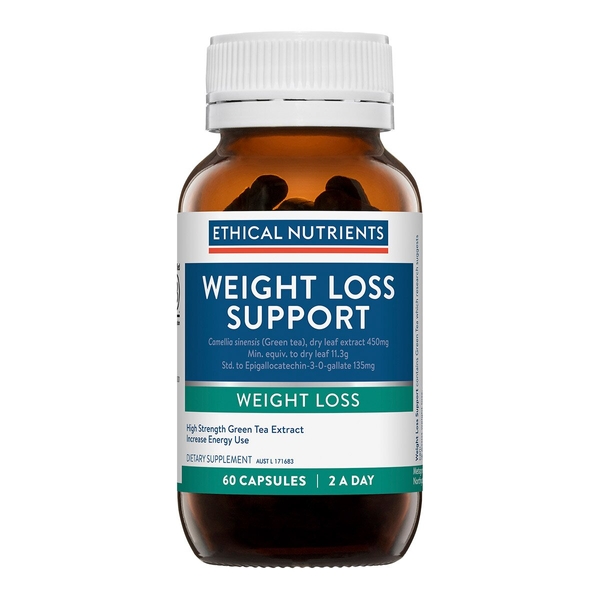
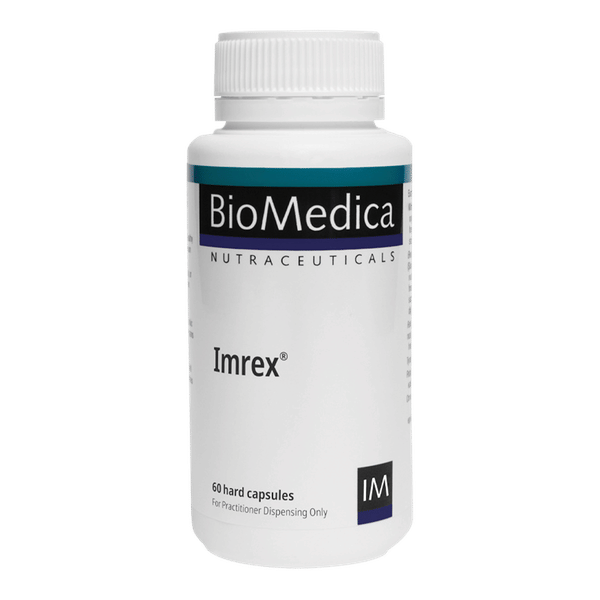
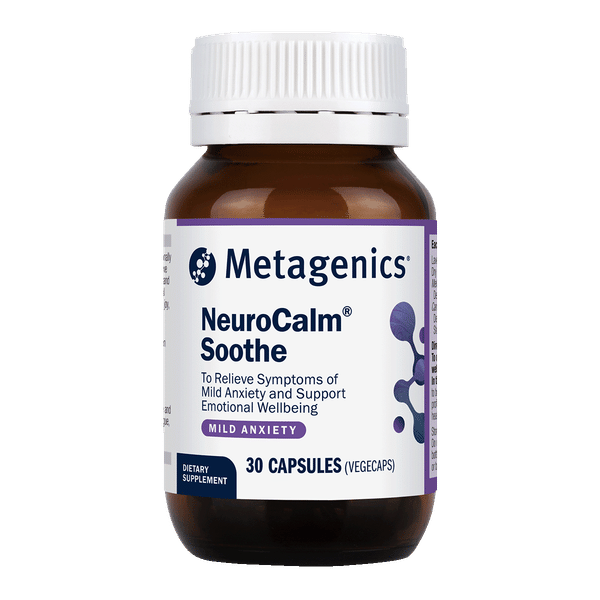
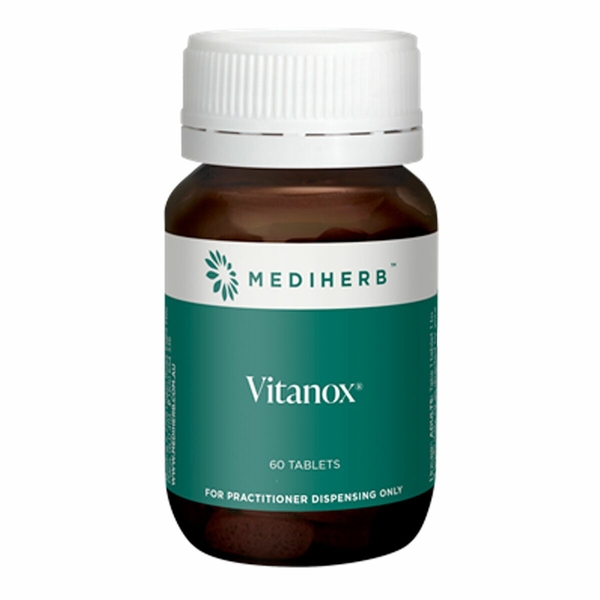
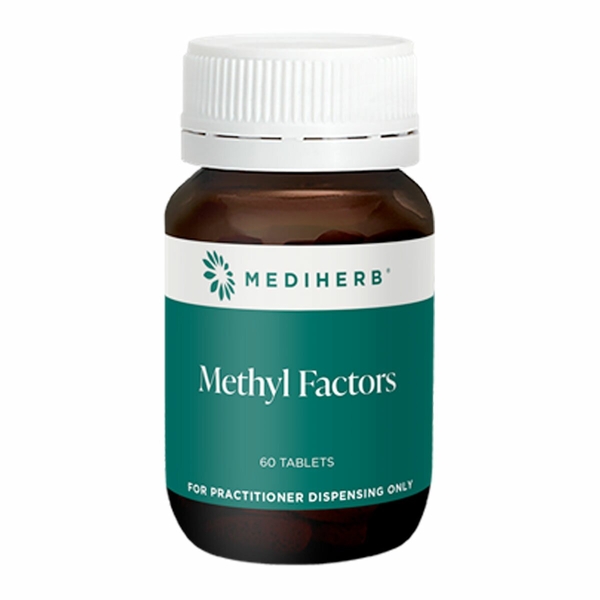
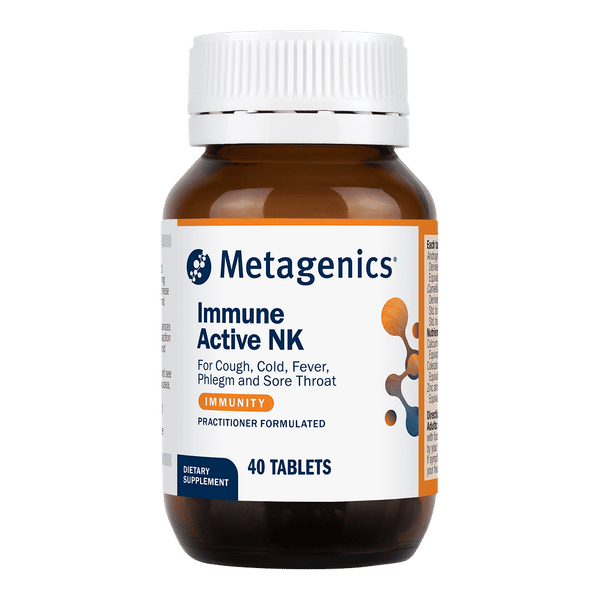
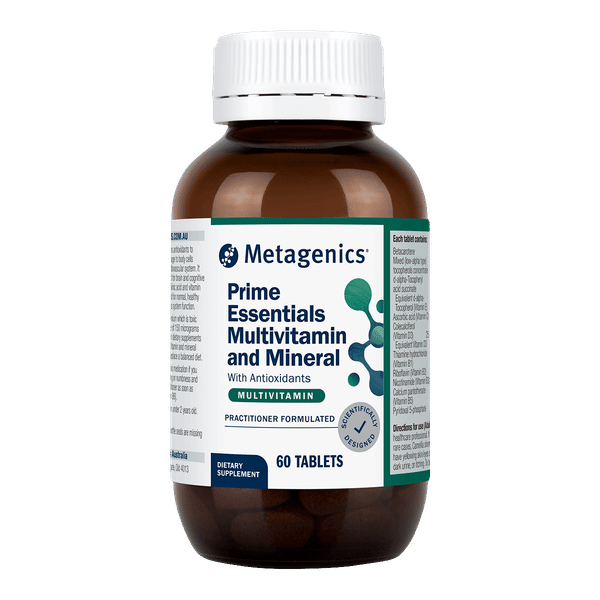
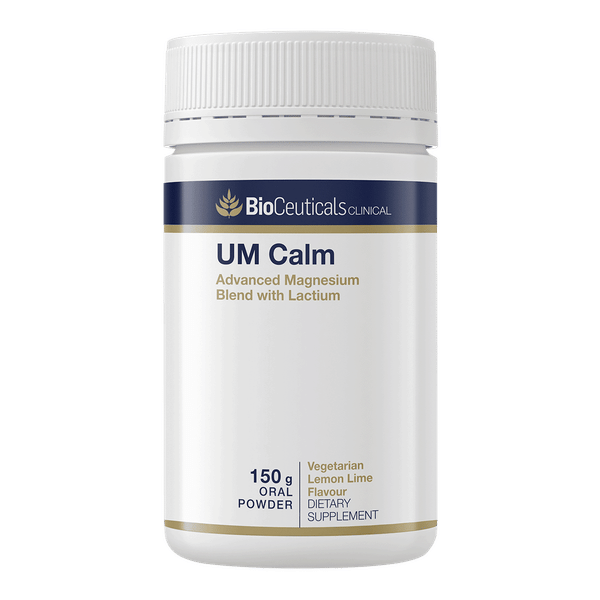
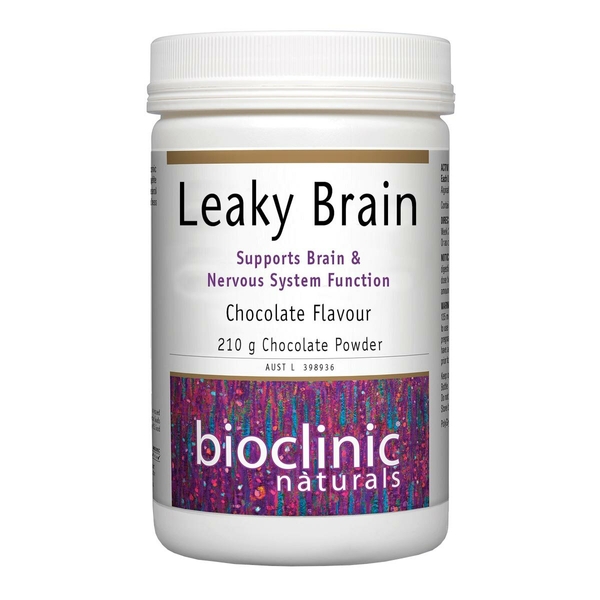
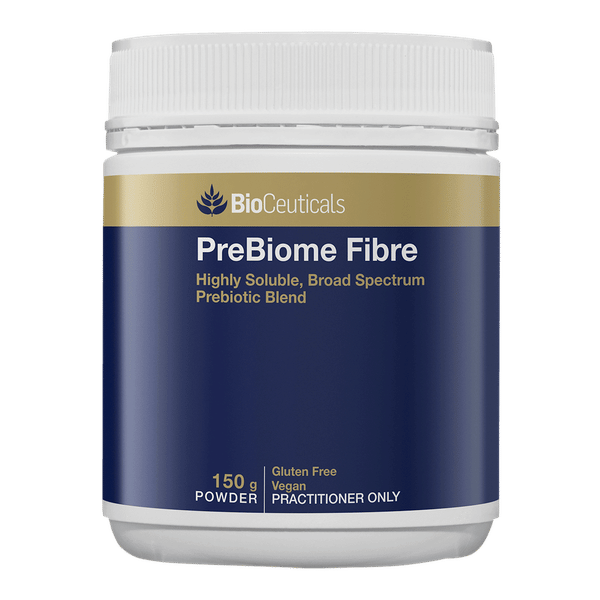
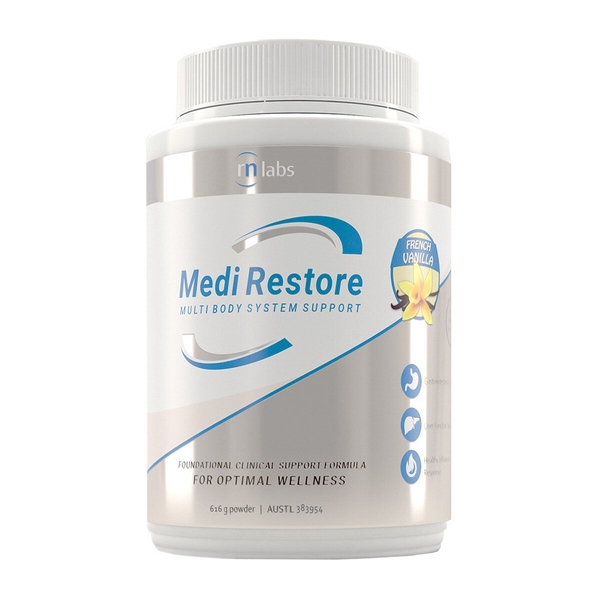
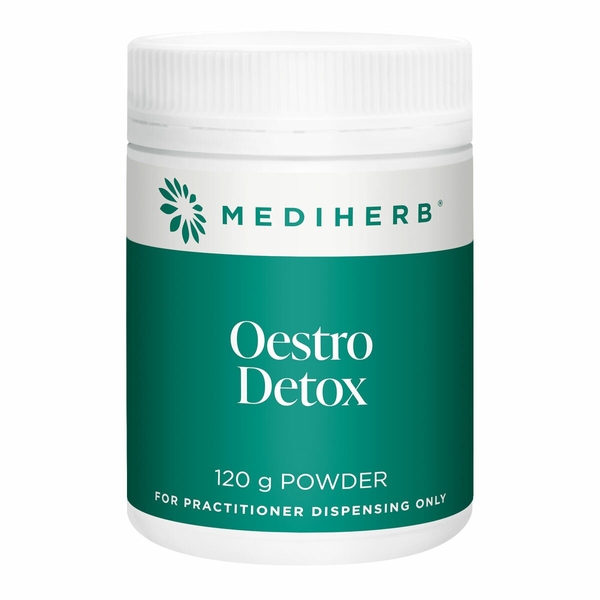
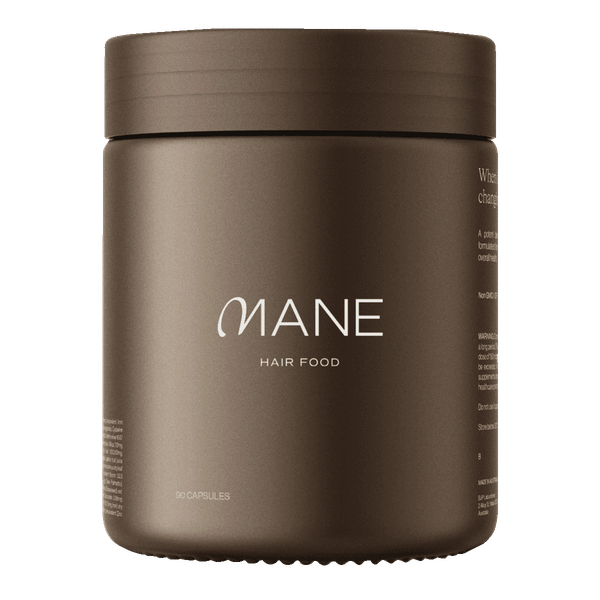
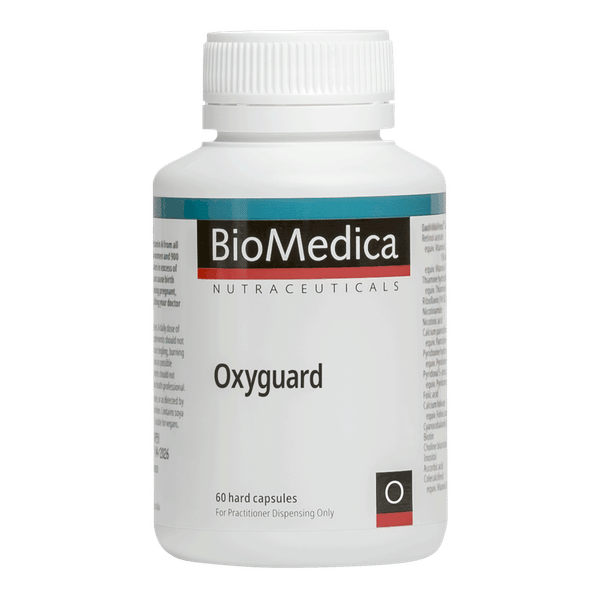
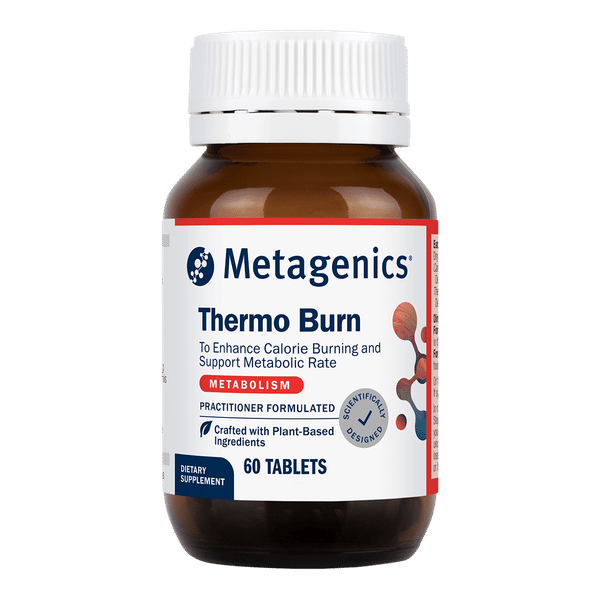
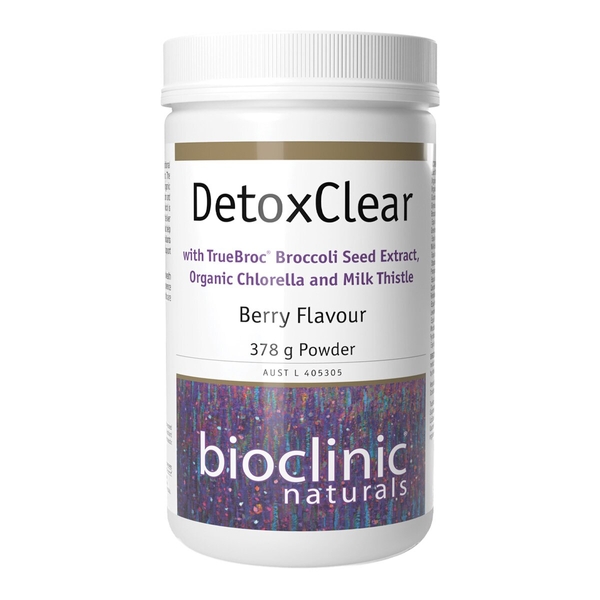
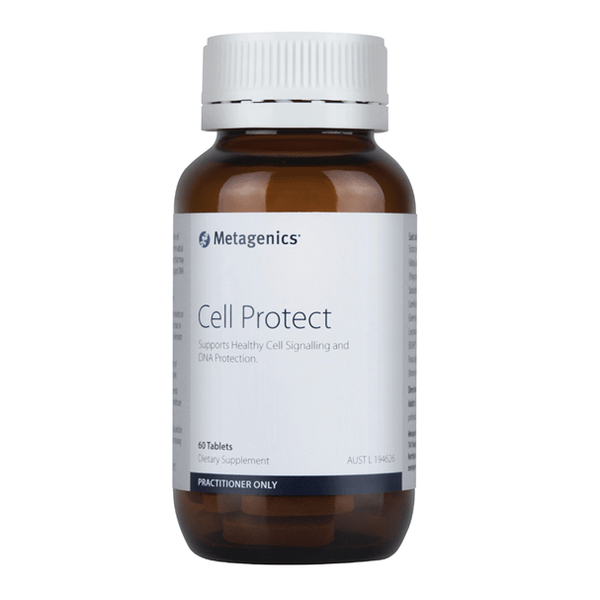
.png)
